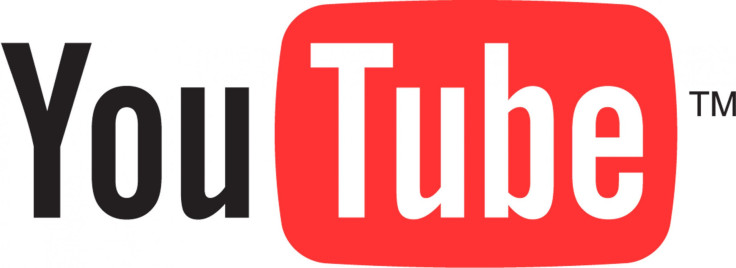YouTube Video Game Channel Copyright Claims Aren't Going Anywhere
The new YouTube gaming video policies are here - and they ain't goin' nowhere.

YouTube recently received some backlash for its hasty decision to let ContentID flag YouTube channels and videos that contain gaming content. The user-generated video site originally stated that revenue adjustments would apply in January 2014. But this changed when thousands of videos across the site were flagged by ContentID on Dec. 10, weeks before the copyright alterations were expected to go into effect.
Understandably, the YouTube community is angry. Users and content creators took to Twitter to vent their frustration and confusion, while others made response videos, sharply questioning YouTube officials about the new flagging policies. Thousands of users rely on personal channel viewership as primary or secondary sources of income - and many have halted gaming video production.
YouTube, a subsidiary of Google (NASDAQ:GOOG), recently released a statement regarding its flagging activity. The site confirmed that the plethora of copyright claims has to do with a newly developed system of rules and regulations that will subject affiliate partners of multi-channel networks to ContentID scanning.
“We recently enabled Content ID scanning on channels identified as affiliates of multi-channel networks,” said the company. “This has resulted in new copyright claims for some users, based on policies set by the relevant content owners. As ever, channel owners can easily dispute Content ID claims if they believe those claims are invalid.”
While most gaming content creators are pretty aware of what’s going on, many are still confused by some of the new YouTube guidelines. Why are a number of claims appearing from third parties with no obvious connection to specific game publishers? Why did the popular video sharing site decide to enact its new policies weeks early? While it certainly can be argued that gaming content will always belong to its publisher and creator, using YouTube as a place to place gaming videos can create more exposure for a title, leading to higher sales for the publisher. Many people enjoy watching videos of gameplay before choosing to spend $60 on the latest “Call of Duty.” The sudden and early activation of such strict rules seems unexpected and almost a bit mean-spirited -- and may leave plenty of YouTubers looking for day jobs.
What do you think about the new YouTube video game content policies? Will gaming property always belong to its creator? Or do people have a right to share it publicly without consequence? Leave a comment below.
© Copyright IBTimes 2024. All rights reserved.






















